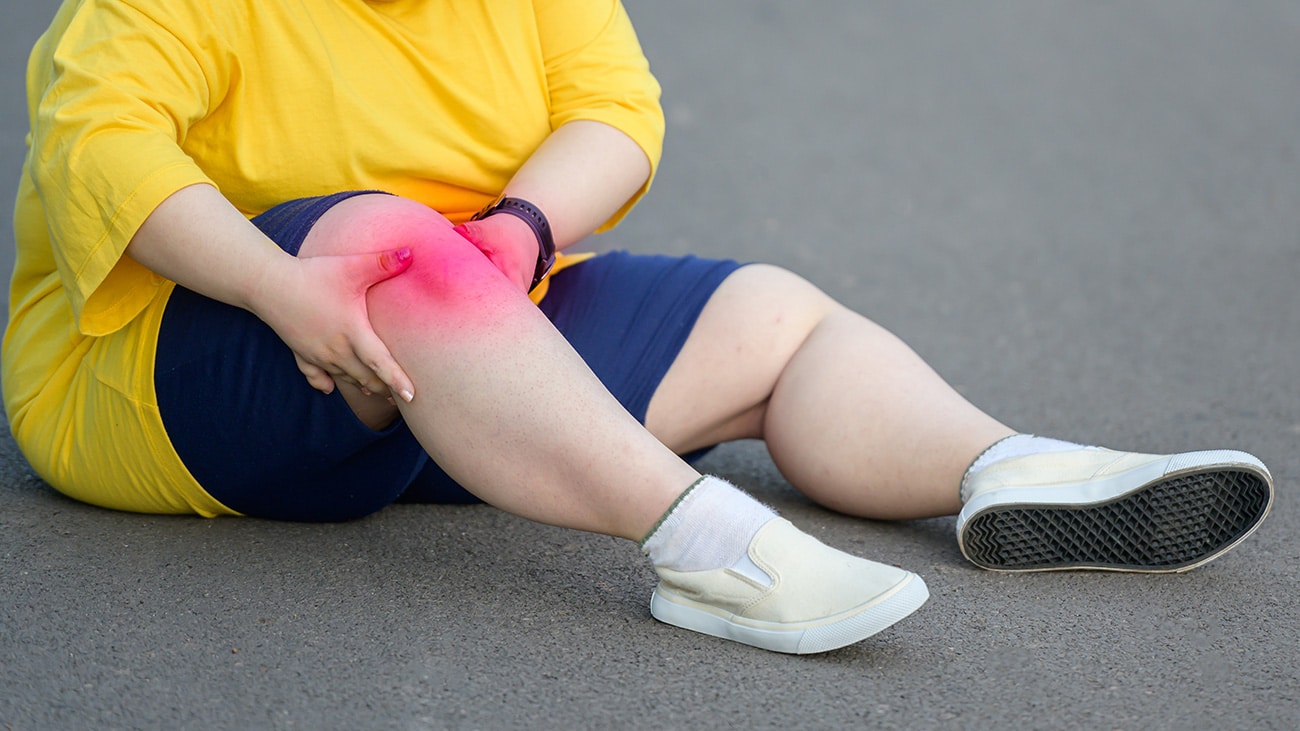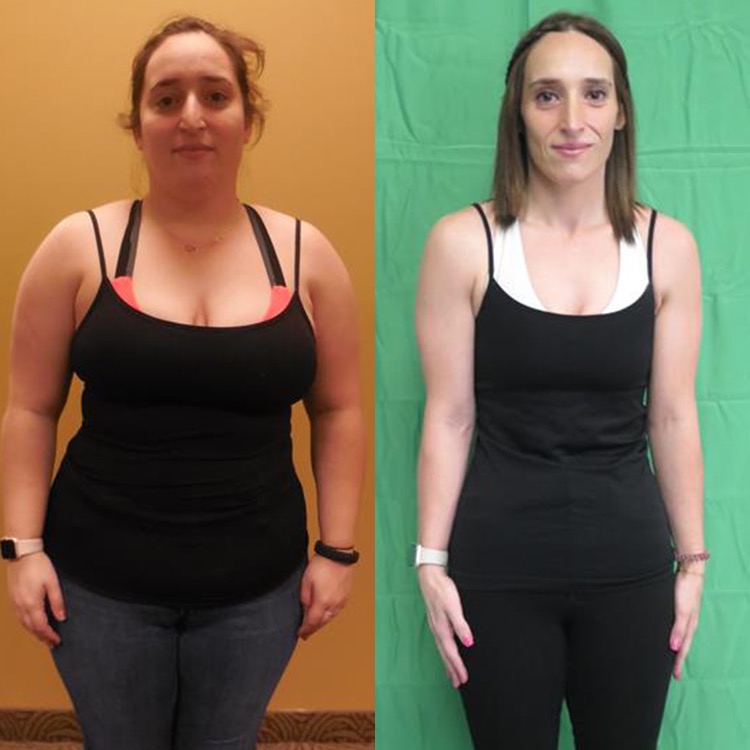Recent clinical developments have introduced the Wegovy pill as a non-invasive option for those...
Lose the Weight or Lose the Leg

Menopause and Weight Gain: Why It Happens and What You Can Do About It
You’re Not Imagining It—Menopause Makes Weight Loss Harder Many women notice that once menopause...
Why does fat mass loss not always result in overall weight loss
Fat Mass Loss And Overall, Weight Loss It does—but not always immediately, and not always in a...
Childhood Obesity
Childhood obesity is a growing health concern worldwide, with long-term consequences for a child’s...
New Blood Pressure Guidelines: What You Need to Know
High blood pressure, also called hypertension, is one of the most common yet preventable risk...
My Approach to Your Care
At , my approach is simple: to educate and empower...
“Lose the weight or lose the leg.”
It has been over 20 years since I heard these blunt words from my orthopedic trauma surgeon. They still make me feel a little nauseated.
At the time I was in a wheelchair—just two months out from a near-fatal car accident—and engaged in intensive physical therapy to learn how to walk again on a partially amputated lower leg.
In that instant, my lifelong struggle to manage my obesity took on a whole new sense of urgency.
Funny how life can change in an instant. One moment you are driving back to law school singing along to Tom Petty. The next you are in the intensive care unit fighting for your life.
Many patients who come through our doors at Scottsdale Weight Loss Center have a similar sense of weight loss urgency, too. They know they have a deadline, but they need an effective plan. Here’s how you can get there.
Why is weight loss sometimes recommended before surgery?
Many surgeons recommend that patients with obesity achieve a certain pre-operative (pre-op) weight loss percentage or body mass index (BMI) before they will perform a procedure.
This isn’t meant to be mean (although sometimes it feels that way). Surgeons are trying to prevent complications and improve patient outcomes.
While the use of BMI markers as a primary surgical threshold has come under scrutiny recently, the surgical risks for patients with obesity are well established.
According to the American Academy of Orthopedic Surgeons, the greater a patient’s weight, the greater the risk to surgical outcomes. These risks include things like failed airways, poor wound healing, infections and blood clots, amongst other complications (Carreira et al. 2022).
Surgical risks aren’t confined to just bone and joint procedures, however. Obesity impacts cardiovascular, abdominal, aesthetics and plastic surgery procedures as well.
Pre-op patients who come to Scottsdale Weight Loss Center are usually highly motivated, but don’t know where to begin. That’s where trusted clinicians, proven science and real results come in.
What is the fastest (and safest) way to lose pre-op weight?
The fastest and safest way to lose weight before surgery includes the following:
- Go to an experienced obesity specialist (preferably also trained in internal medicine and/or metabolic health).
- Use medical meal replacements (such as soups, bars and shakes) that provide all essential nutrients and are specifically matched to a patient’s needs.
- Coordinate pre-op studies, such as EKGs and lab studies, within surgical timeframes to save time and money.
- Get a weekly body composition analysis for accountability and to make sure you lose the right kind of weight (fat not muscle).
- Receive emotional support on the journey from a multidisciplinary team.
Can I use medications such as GLP’s like Wegovy™, Ozempic™ or Mounjaro™ to help?
Many times, yes—although when these medications need to be held before surgery depends on several factors, such as medication dosing strategy, what other medications you may be taking, and other medical conditions you may have.
Ultimately, this decision is made in conjunction with your surgeon, but new multi-society clinical guidelines released last year provide excellent direction for their use (Kindel et al. 2024).
A surgically mandated deadline for a weight loss journey adds unique stressors to an already daunting task. This is not an easy journey, but with the right plan and the right healthcare team, you will succeed.
Until next time, be safe and be well.
This article was written by Dr. Jillian Swope DNP, FNP-C, the medical clinician at Scottsdale Weight Loss Center’s Chandler Clinic. Dr. Swope has been caring for patients with compassion and clinical expertise throughout Arizona since 2006. She specializes in the field of clinical obesity medicine across the lifespan, including effective weight management strategies for pediatrics, endurance athletes, firefighters, flight crews, healthcare workers and law enforcement personnel.
References
Carreira, D. et al. (2022). “Obesity Treatment in Orthopaedic Surgery.” Journal of the American Academy of Orthopaedic Surgeons, 30(24), e1563-e1570. doi.org 10.5435/JAAOS-D-21-01083.
Kindel, T. et al. (2024). “Multi-society clinical practice guidance for the safe use of glucagon-like peptide-1 receptor agonists in the perioperative period.” Surgery for Obesity and Related Disease, 20(12), 1183-1186. doi.org/10.1016/j.soard.2024.08.033.










